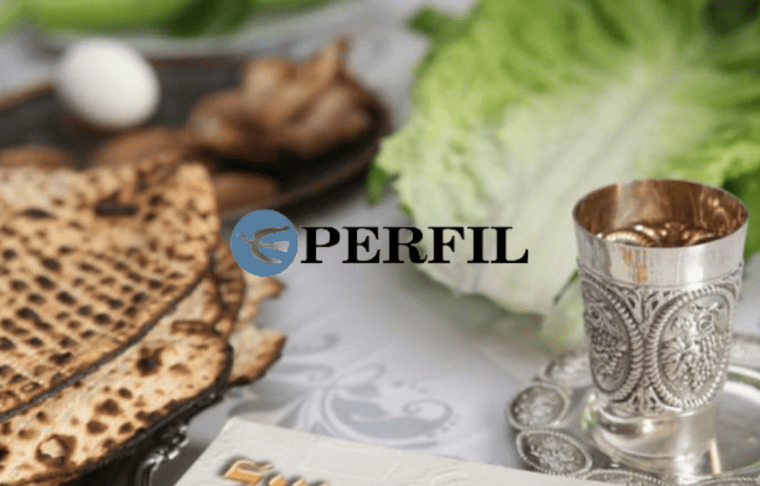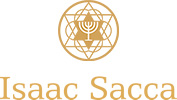Passover: The Path to Freedom Includes Commitment

Aligned with responsibility and commitment, in the Jewish Passover freedom takes on another dimension: it is a path of maturity that builds goodness.
Imagen
Yocheved, mother of Moses
According to Jewish tradition, from the 15th to the 21st of the month of Nissan (Wednesday, April 5, to Thursday, April 13, 2023), Pesach is celebrated. This festival commemorates the miraculous departure of the people of Israel from Egypt, after having been enslaved for hundreds of years by the Pharaohs.
Pesach is a festival that celebrates the freedom of peoples to determine their destiny, without external oppression or submission. For this reason, it is also called “Zeman Herutenu”, the time of our liberation. It is a propitious moment to reflect on what freedom means and how we make use of this wonderful human capacity.
We live in a time that glorifies freedom. We can be proud to uphold a legacy of freedoms: of conscience, of religion, of expression, of association, of commerce. These freedoms allow us to be autonomous and not to act forced by circumstances or external forces that oppress and subdue us.
Imagen
Pesach: Jewish Passover celebration, which recalls the exodus of the enslaved Jewish people in Israel.
This situation of autonomy is analogous to that of the people of Israel as soon as they left Egypt: finally free, without ties to slavery, capable of acting on their own, in the middle of the desert, without oppressors, masters or bosses.
However, this freedom is only the first step. Now it is the time to ask yourself, “freedom, for what?”
Pesach, the path of freedom
The philosopher Isaiah Berlin (1909-1997) makes a distinction between negative freedom (“freedom from”) and positive freedom (“freedom to”).
We are free; but what are we going to do with that freedom? That is the question that summons us on Pesach. It is time to reflect and analyze: why do we want freedom? To lead an uncontrolled life, full of vices? To follow the latest fashion or social conventions? To live without responsibilities?
We can be free to do bad, banal, useless or superficial things. Is that the kind of freedom we long for? Is that the significance of so much struggle to obtain freedom?
Imagen
Passover. Traditional dishes.
Autonomy is the basis: it is the minimum to be able to develop freely. Then, the hard work of reflection and introspection about who we are, what we want, what we can and what we should be starts. The journey that begins when you gain freedom can be intense and profound, but it is fundamental.
A necessary condition for the flourishing of human potential is freedom understood as autonomy and free decision of each individual. However, there is also another facet of freedom: the ability to assume commitments and responsibilities.
The transition from one facet of freedom to another is a path to maturity. What we do with our freedom will determine whether we are noble or not.
Freedom, by itself, is necessary to do goodness, but it is not enough. Aligned with responsibility and commitment, freedom takes on another dimension, and there we find the freedom that benefit the individual and the whole at the same time. The freedom that builds goodness.
* Chief Rabbi and President of Menora, World Jewish Organization for the Youth

